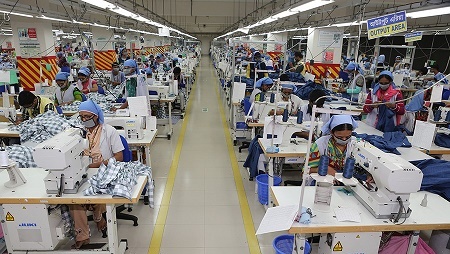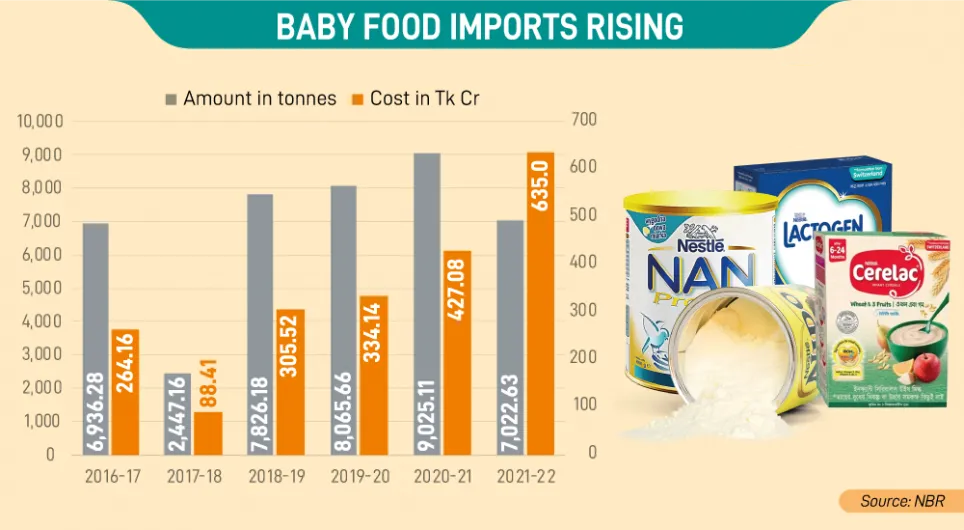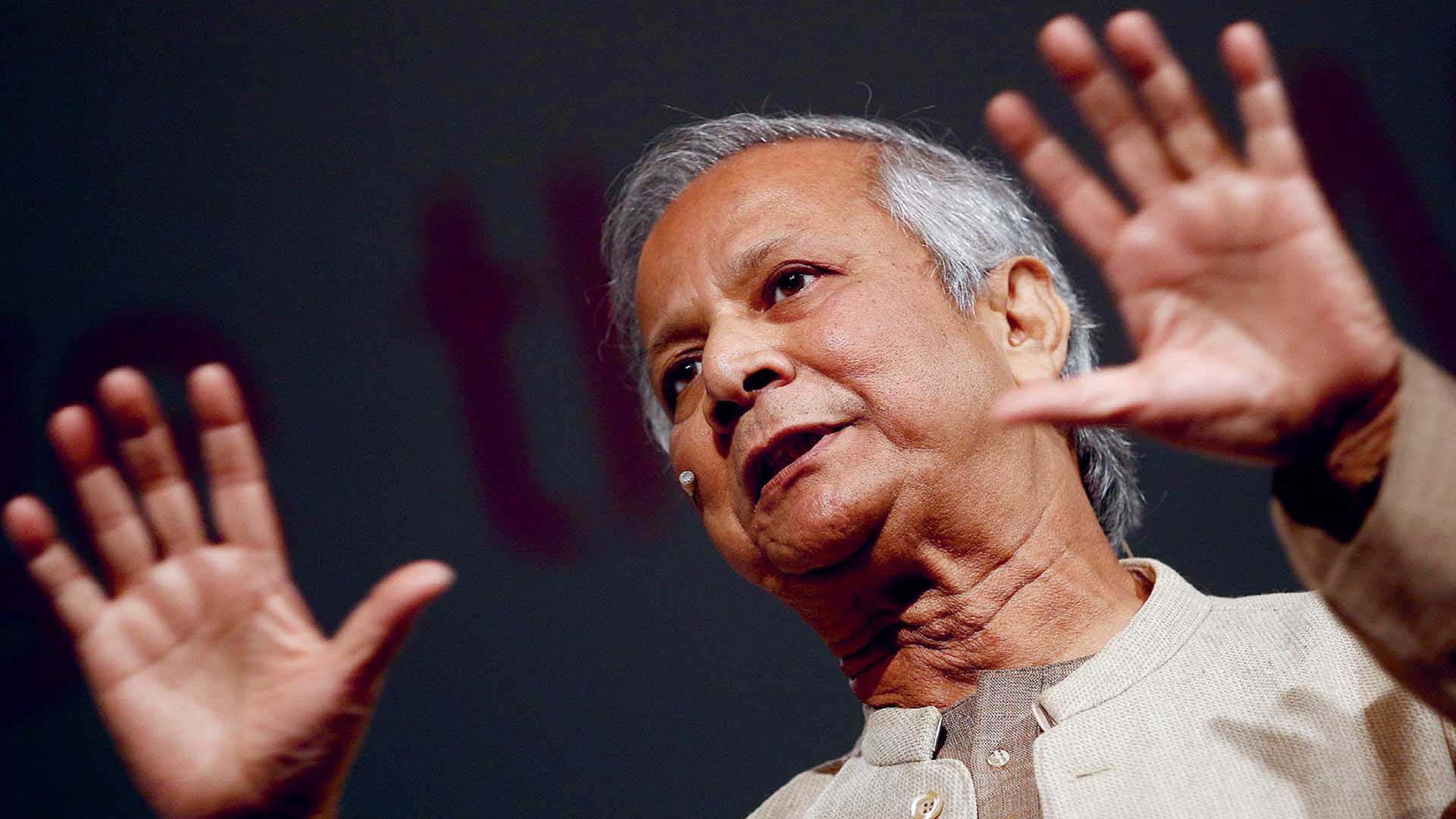International retailers and brands are again demanding unusual deferral payment from local apparel suppliers, the second time in a year, saying sales have dropped after Western nations reimposed lockdowns and tougher restrictions because of a surge in coronavirus infections.
When international apparel buyers open letters of credit, the repayment period is set at the highest 90 days. But in most cases, the bills are settled between 30 days and 60 days.
Last year, the retailers and brands, hit hard by the pandemic, had sought deferral payments for 120 to 220 days. As a result, local suppliers had faced severe financial strain, forcing many of them to close factories and lay off workers.
During the first wave of Covid-19, buyers had demanded the abnormal deferral of the payment because of lockdowns and massive disruption in the global supply chain due to the fallouts of Covid-19.
With the improvement of the situation in recent months, the apparel supply chain also recovered a tad bit and, the length of the deferred payment significantly improved as buyers placed work orders with 90 days of LC payments.
But over the last one month, the buyers have been demanding 120 days to 150 days as the payment period as sales of the clothing items reduced significantly because the sharp rise in coronavirus infections forced many parts of the Western world to impose lockdowns.
"Almost all of our buyers are financially weak now because of the fallouts of the Covid-19," said AK Azad, managing director of Ha-Meem Group, a garment exporter.
"As a result, they are demanding an unusual delay in payment," he said.
The latest blow for the exporters in Bangladesh came even though the arrears stuck by the first wave have not been cleared yet.
Azad did not get $1.4 million from JC Penney yet as the company was sold out.
"I have been contacting the new owner that took over the ownership of JC Penney. The management of the new company said it would pay the arrears after the settlement of the transfer of the ownership," Azad said.
So far, the former president of the Federation of Bangladesh Chambers of Commerce and Industry received $0.7 million from JC Penney before the changeover of the ownership.
Several European countries are extending or reintroducing lockdown measures as a third wave of the pandemic sweeps the continent fuelled by more contagious new variants of coronavirus, reported the Guardian on Monday.
"It is still uncertain when British upscale retailer Debenhams will complete the payment to 47 Bangladeshi suppliers although both management of Debenhams and suppliers have settled the payment issue at 5 per cent to 25 per cent discount," said Zahangir Alam, the coordinator of Debenhams Vendors Community in Bangladesh.
After the discount, Debenhams owes $25 million to local suppliers. Of the sum, $10 million might be paid by the freight forwarding company because of the failure to ship the products on time, he said.
Alam also complained that buyers were demanding an unusual delay in payment again.
Small and medium enterprises are the worst sufferers of the unusual delay in payment and the non-payment of arrears.
Ahmed F Rahman, managing director of Kappa Fashions Ltd, said nine small and medium-sized garment exporters had together settled payments with their Hong Kong-based buyer at 43.5 per cent discount after nearly a year of negotiation.
As per the final settlement, the Hong Kong-based company was supposed to pay the suppliers $1.5 million by February 19 this year. But when the time came, the buyer said it was facing problems.
The small factories had sent the goods to the company in November 2019, and the goods reached the buyer's store in February last year.
Last year, work orders worth $3.18 billion were either cancelled or suspended because of the severe impacts of the pandemic. Of the sum, 90 per cent has been reinstated so far.
"International retailers and brands are asking for deferment of payments," said Rubana Huq, president of the Bangladesh Garment Manufacturers and Exporters Association.
"As much as we understand that brands are delayed with payments, the reality of insolvency at our end persists," she said.
Regular demand for discounts and the deferment of payment are critical issues for the sector to deal with, she said.















